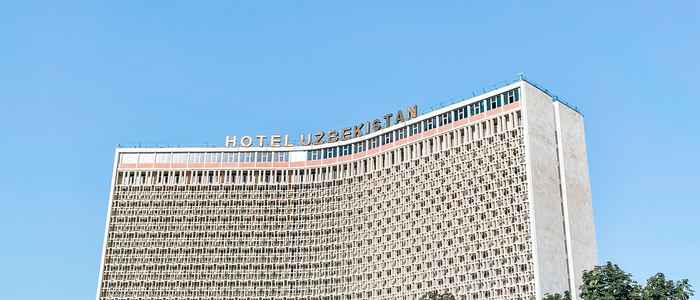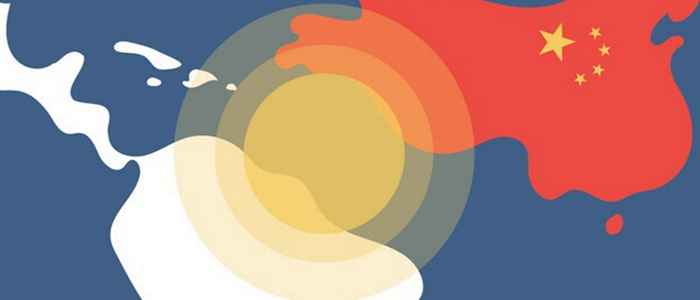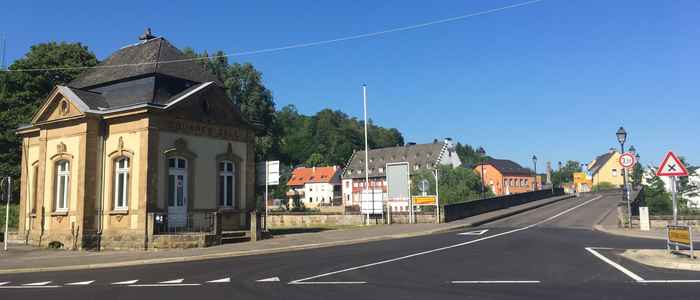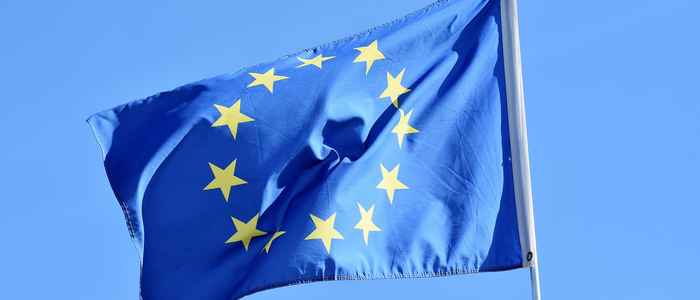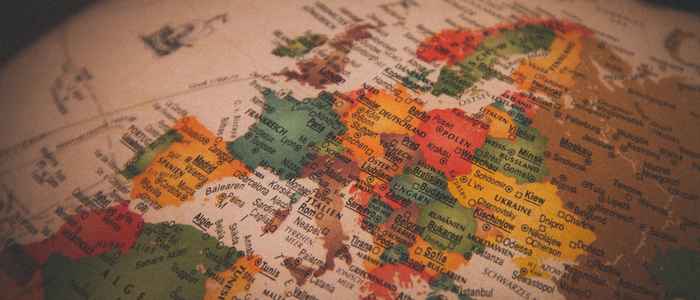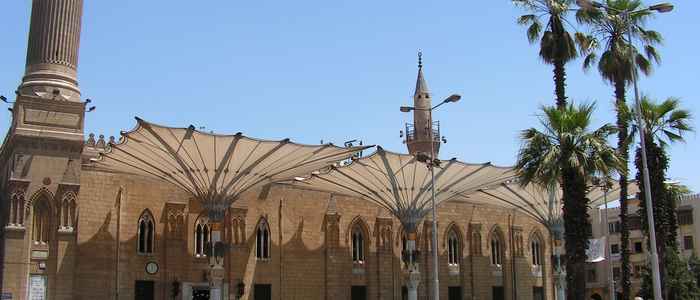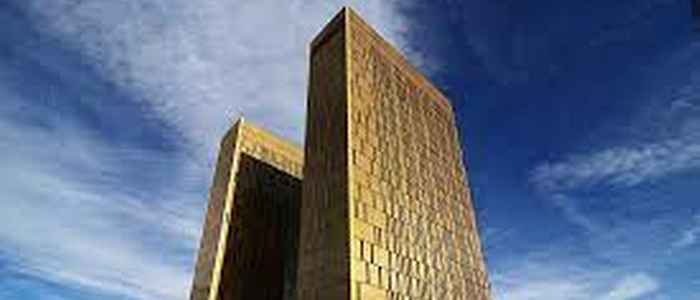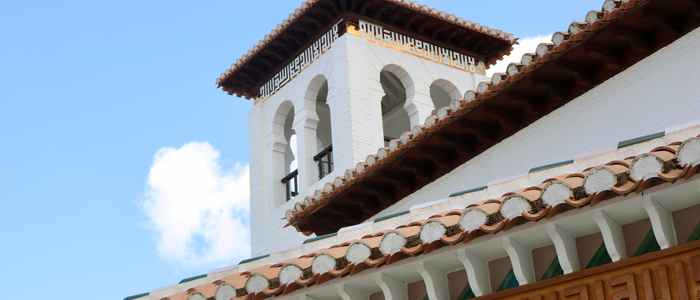This development is caused by the increasing political, economic, legal and cultural global interconnectedness as well as with the dominance of neoliberal rationalities amongst governments and society. As a consequence, power has been re-distributed across different scales and actors, and has given rise to a variety of transnational forms of governance. Scholars in the ‘power and governance’ cluster study these developments from a longer historical and contemporary perspective. They focus on the underlying dynamics, their societal and political implications as well as their historical embeddedness from various disciplinary angles. Moreover, the interrelation between governance and (liberal and illiberal) democracy in the various ARTES regions will be explored from various angles. The cluster engages in research on diverse forms of rulemaking – (non)hierarchical, (de)centralized, politicised vs technocratic, formal vs informal, and across various policy fields, such as migration, climate change, security, AI, and economic governance. Scholarship also focuses on counter- and alternative movements to the dominant liberal scripts, such as populism, anti-liberal internationalism and autocratization as well as (transnational) progressive social movements such as Black Lives Matter or climate activism.

